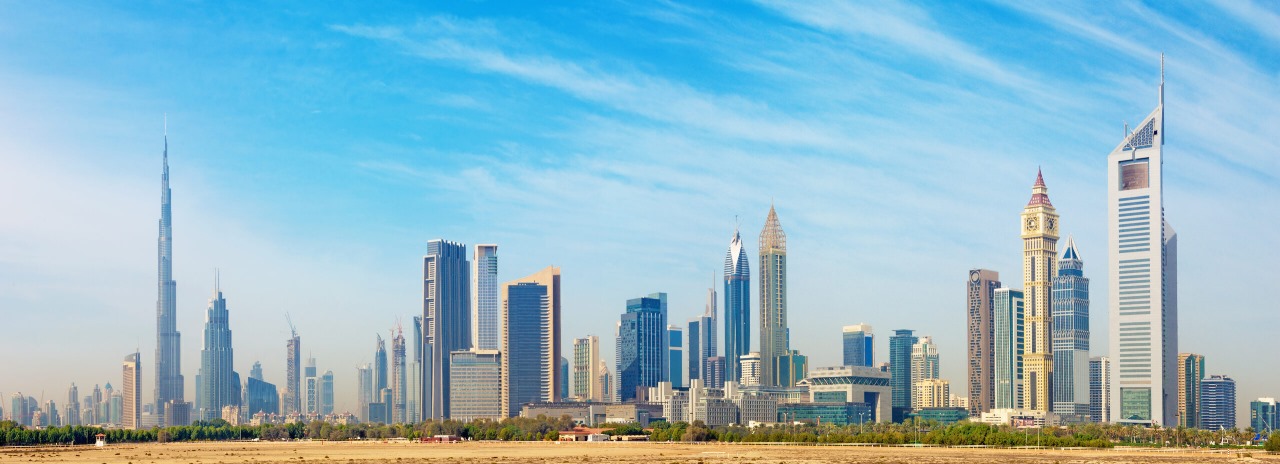
Dubai, known for its towering skyscrapers, luxurious lifestyle, and vibrant economy, is a hotspot for real estate investments. The city's progressive property laws and booming market attract buyers from around the globe. But who exactly can buy property in Dubai? This article explores the eligibility, procedures, and considerations for purchasing real estate in this dynamic city.
Foreign Nationals
Foreign nationals have been able to purchase property in Dubai since the introduction of the Freehold Law in 2002. This law permits non-UAE nationals to buy, sell, and lease properties in designated freehold areas. Some of the most popular freehold areas include:
UAE and GCC Nationals
Nationals of the United Arab Emirates (UAE) and the Gulf Cooperation Council (GCC) countries enjoy the right to purchase property anywhere in Dubai without restrictions. This includes both freehold and leasehold properties. UAE nationals, in particular, benefit from various government incentives and financing options aimed at encouraging homeownership.
Companies and Corporations
Companies, both local and foreign, can also invest in Dubai's real estate market. Foreign companies, however, must adhere to specific regulations and often prefer to establish a local presence or partnership to streamline the process. Local companies face fewer restrictions and can purchase properties across the city, including non-freehold areas.
Investment Funds and Trusts
Investment funds and real estate investment trusts (REITs) have gained traction in Dubai's property market. These entities allow investors to pool their resources and invest in a diversified portfolio of real estate assets. REITs, in particular, offer a way for individuals and institutions to invest in property without the need to manage the physical assets directly.
Legal Considerations
When buying property in Dubai, several legal considerations must be taken into account:
- Title Deeds: Ensure the property has a clear title deed registered with the Dubai Land Department (DLD).
- Sales Agreement: A Sale and Purchase Agreement (SPA) is crucial to outline the terms and conditions of the transaction.
- No Objection Certificate (NOC): Developers must issue an NOC to confirm there are no outstanding obligations on the property.
- Transfer Fees: Typically, a 4% transfer fee is paid to the DLD upon the transfer of ownership.
Financing Options
Both residents and non-residents can access various financing options to purchase property in Dubai. Banks offer mortgage loans with different terms, interest rates, and eligibility criteria. It is advisable to consult with financial institutions and mortgage brokers to understand the best options available.
Visa Incentives
Dubai offers visa incentives to property buyers, making it an attractive proposition for foreign investors. Property owners investing a minimum of AED 1 million can qualify for a renewable residency visa, which can be extended to family members. Higher investment amounts can lead to longer visa durations and additional benefits.
Market Trends and Considerations
Potential buyers should stay informed about market trends, including price fluctuations, rental yields, and upcoming developments. Consulting with real estate agents, market analysts, and legal advisors can provide valuable insights and aid in making informed decisions.
Dubai's real estate market is open to a diverse range of buyers, from foreign nationals and GCC citizens to companies and investment funds. With its strategic location, modern infrastructure, and investor-friendly policies, Dubai continues to be a prime destination for property investment. However, prospective buyers should diligently research and consider legal, financial, and market factors to ensure a successful and rewarding investment. Connect with Dubai's property experts, contact fäm Properties today!